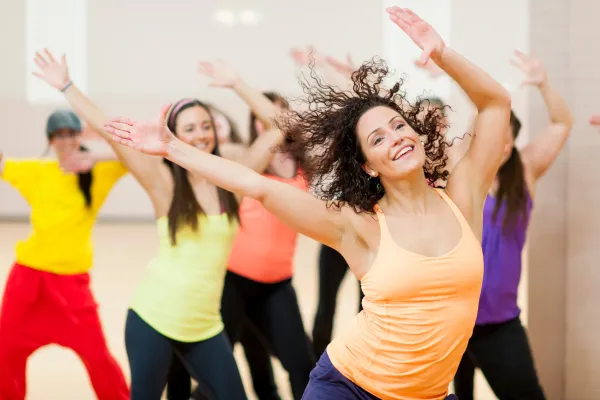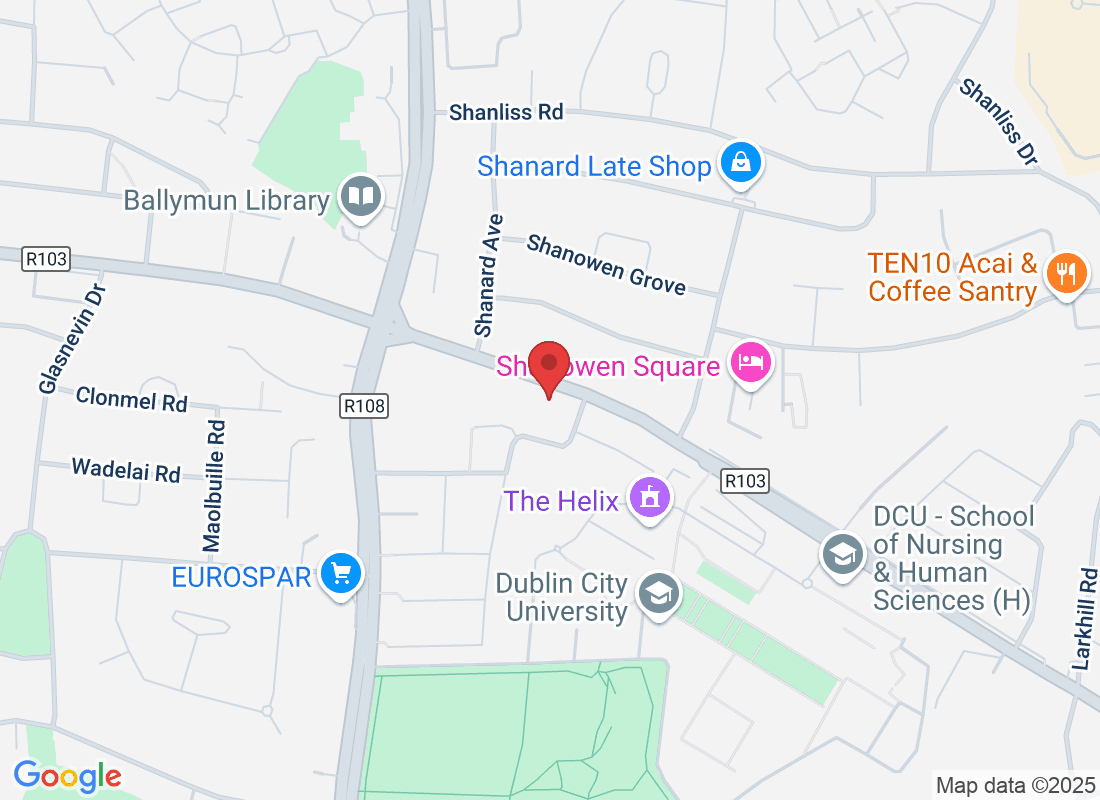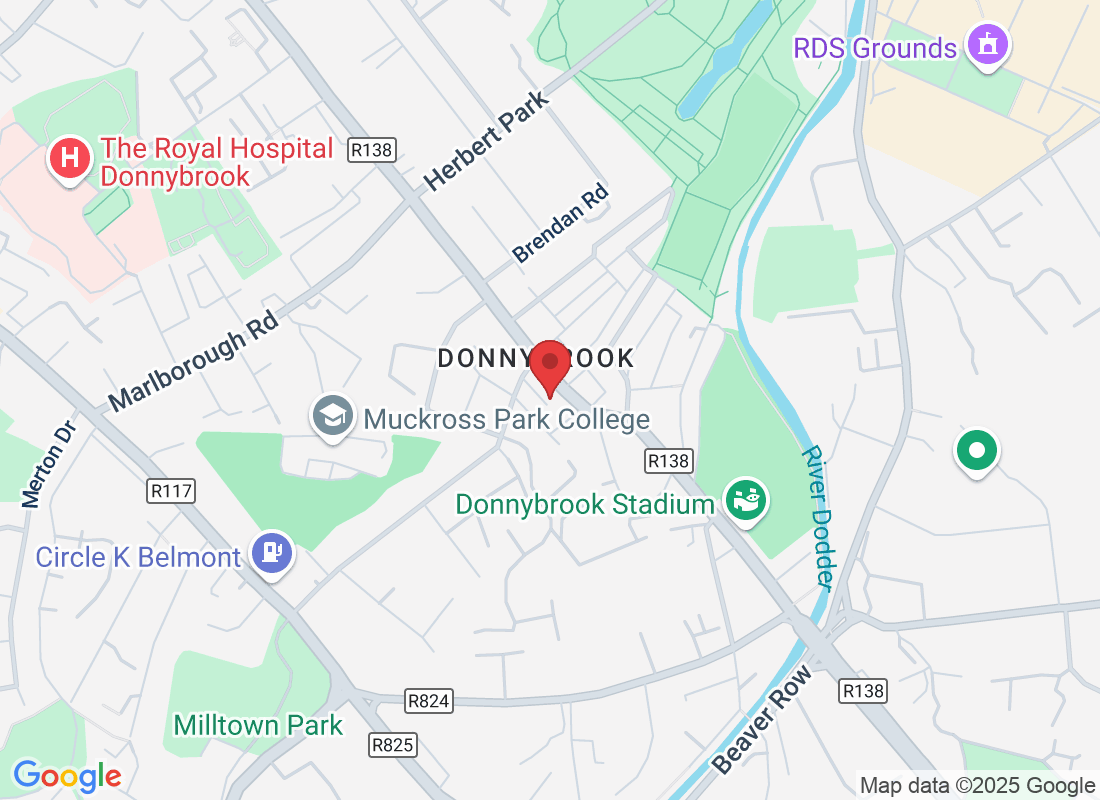Tips & Advice From Mary Moore Podiatry

From Dance to Daily Walks: How Gait Analysis Supports All Types of Movement
Whether you’re dancing across a studio or strolling through your neighbourhood, the way you move matters. But did you know your walking or running style could be quietly affecting your comfort and performance? Gait analysis isn’t just for athletes—it’s a powerful tool that supports everyone, from performers to people with everyday foot pain. Let’s explore how it works and why it could make a difference in your daily life.
What Exactly Is Gait Analysis?
Gait analysis is a detailed look at how your body moves when you walk, run, or even dance. Using video, 3D motion tracking, and pressure mapping, podiatrists can assess your movement patterns to see if something’s out of alignment or causing stress in your feet, ankles, knees, or hips.
At Mary Moore Podiatry, we use advanced tools like the Coaches Eye App, Motion Metrix 3D Gait Analysis, and Tekscan pressure platforms. These systems capture your movement in real time and allow us to replay it in slow motion, compare before-and-after footage, and measure how pressure is distributed under your feet.
Why Movement Matters—No Matter Your Lifestyle
Many people assume gait analysis is just for runners. But the reality is, we all move—and poor mechanics can lead to problems over time. If you walk unevenly, carry weight differently on one side, or wear unsupportive shoes, you might be overloading certain joints or muscles without realising it.
That’s where gait analysis can help. It reveals hidden issues in how you walk or move so they can be addressed before they cause pain or injury.
Here are a few real-life examples where gait analysis can make a difference:
A dancer with recurring ankle strains discovers that subtle foot misalignment is affecting their landings.
A new parent notices hip discomfort after long walks with a pram—gait analysis reveals uneven foot pressure.
An office worker with sore knees finds out their gait is being impacted by weak glute muscles and unsupportive footwear.
A senior adult concerned about stability uses gait analysis to improve balance and confidence when walking.
How the Assessment Works
During your gait analysis, you’ll be asked to walk or run across a mat or treadmill while we record your movement. In some cases, you may also be filmed while dancing or performing specific activities.
We then assess:
How your feet strike the ground
The angles of your joints as you move
Pressure distribution underfoot
Any imbalances, compensations, or misalignments
Using this information, we tailor recommendations to your needs. This might include changes to footwear, exercises to improve strength or flexibility, or orthotics for better support.
Supporting Both Recovery and Prevention
One of the biggest benefits of gait analysis is its ability to identify issues before they become injuries. If you’re increasing your activity level, starting a new sport, or recovering from a foot or leg problem, this assessment provides a roadmap for safer movement.
For those recovering from sports injuries, video gait analysis can also track your progress and show how your movement is improving over time.
A Valuable Tool at Any Age
From teenagers in dance classes to older adults aiming to stay active, gait analysis supports every stage of life. Children and young adults may benefit from early detection of issues like flat feet or alignment problems. Adults often find it helpful in preventing joint pain, while older patients appreciate the improved balance and reduced risk of falls.
You don’t need to be injured to benefit. Even small changes in how you move can have a big impact on comfort and performance—whether you’re walking to the shops or performing on stage.
Conclusion
Gait analysis is a simple but powerful tool for anyone who moves—which is all of us. Whether you’re a dancer, walker, or just want to stay active and pain-free, understanding how your body moves can help you feel better and move more confidently.
If you live in Dublin 4 or Dublin 9 and want to explore how gait analysis could benefit your daily life or activity, our team at Mary Moore Podiatry is here to help.
Ask Mary Moore Podiatry And Their Team
Fill in the form to request a call from our team. One of our team members will call you for FREE and answer any questions or concerns you may have about your condition
Our Clinic Locations
Glasnevin Clinic

If you have any questions before scheduling an appointment or for general inquiries, please use the contact us button below. Our team will promptly reach out to assist you.
Opening Hours
Monday: 8:30am - 7pm
Tuesday: 8:30am - 5pm
Wednesday: 8:30am - 6pm
Thursday: 8:30am - 7pm
Friday: 8:30am - 5pm
Saturday: Closed
Sunday: Closed
Donnybrook Foot Mechanics

If you have any questions before scheduling an appointment or for general inquiries, please use the contact us button below. Our team will promptly reach out to assist you.
Opening Hours
Monday: Closed
Tuesday: 9:30am - 5pm
Wednesday: 9:30am - 5pm
Thursday: Closed
Friday: Closed
Saturday: Closed
Sunday: Closed


